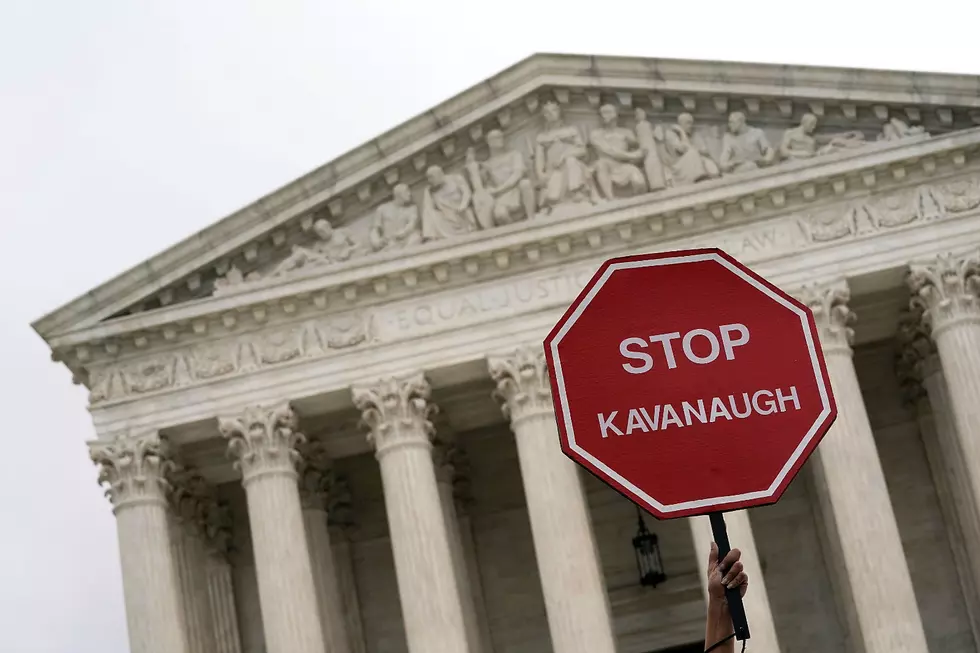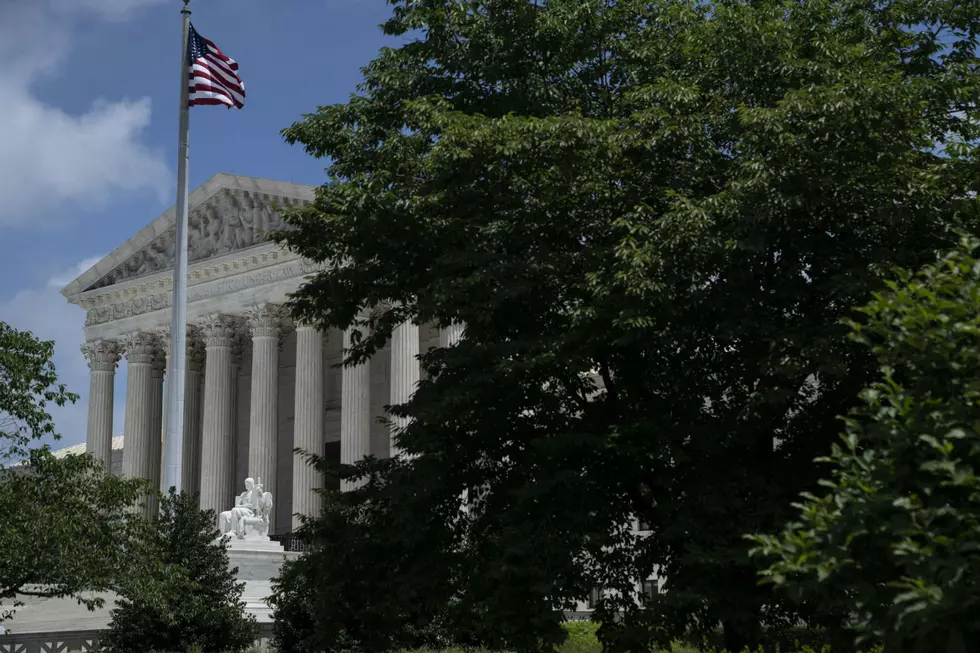
You Can Now Legally Refuse a Blood Test in North Dakota During DUI Stop
A decision has been made in the Birchfield v. North Dakota case which was argued in the Supreme Court back in April.
In a 5-3 ruling made today (June 23), the Supreme Court ruled that a breathalyzer test does not violate a citizen's 4th amendment rights but a blood test does.
The case was regarding an incident involving Danny Birchfield who was pulled over on suspicion of drunk driving in Morton County. Birchfield failed a field test as well as a breathalyzer test. Police then wanted to take a blood test but Birchfield refused.
Under state law in North Dakota, citizens can face further charges and punishment for refusing to take a blood test. Birchfield argued that it was a violation of his fourth amendment right, which protects Americans from unreasonable searches and seizures.
In oral arguments that took place on April 20th, many issues came up. You can listen to the oral argument and read a transcript in full here.
At issue were a few things. The state argued that to get a warrant quickly is an issue. Of course the longer you wait to get a blood test, the less alcohol content will appear in your blood. The state said that if they were to get a warrant, the wait to take a blood test would take even longer.
"It's not that there are judges or magistrates on duty all the time in North Dakota. In fact, they're considered what is known there as on call," the state argued in April. "So they're not on duty, but they may be -- they're reachable somewhere, typically by phone. But it often takes a while, especially in rural jurisdictions."
When pressed by a justice how long it would take the state said, "In North Dakota, in the larger jurisdictions where there's a little bit of a quicker process where they use more telephonic warrants, and the arresting officer can go directly to a magistrate in those systems, my understanding is it takes about a half an hour to hour. But in the smaller jurisdictions where it's more rural, where it's oftentimes harder to get somebody on the phone, and there the process is different.The the officer has to go through a prosecuting attorney first and then to a magistrate."
Justice Sotomayor was not satisfied with that answer. "So that excuses you from a constitutional requirement," Sotamoyer asked. "We're now going to bend the Fourth Amendment, which I always thought started on the presumption that we favor warrants, we don't disfavor them. But since many jurisdictions seem to manage it, we give a pass to North Dakota because it doesn't want to?"
Birchfield's main argument came down to this quote which was argued by Birchfield's lawyer Charles A. Rothfield. "And, again, I've been addressing this and -- and I'm not sure how much more there is to say about it, but I -- but I think that the reality is when a foreign object is inserted into a person's body and they are asked to expel something from deep within their body to be tested by the government, that sort of, on the face of it, is an intrusive proposition, something that most people regard as -- as the Court suggested in Skinner -- a significant invasion of their personal integrity."
Rothfield argued that even a breath test should require a warrant due to it being intrusive. Rothfield argued that a blood test was obviously more intrusive.
The Supreme Court did not appear to agree that a breath test was overly intrusive. Both Rothfield and the Supreme court agreed that a field test was not even considered a search and so 4th amendment limitations did not apply.
In the decision on Monday, the court ruled that breath tests are OK without a warrant but chemical (or blood) tests require a warrant.
Justice Sotomayor and Justice Ginsburg in a partially dissenting opinion stated that they felt a warrant should also be required to get a breathalyzer test.
Justice Clarence Thomas dissented entirely saying that all tests should be OK without a warrant.
Since this ruling came from the Supreme Court, requiring a warrant for a blood test applies to all states nationwide.
To be clear on what this ruling states, citizens will have the right to refuse a blood test if police ask that he or she get one. By refusing the test, no further penalty will be imposed just for refusing the test. However, a citizen may not refuse to do a field test or a breathalyzer test. Additionally, if police obtain a warrant to do a blood test on the suspect, the suspect can no longer decline the test.
It should also be noted that police have the ability to arrest a suspect on drunk driving based on the field test or breathalyzer test. A blood test is not required to make an arrest.
The full opinion from the court can be seen here.
[Patch]
More From Super Talk 1270









